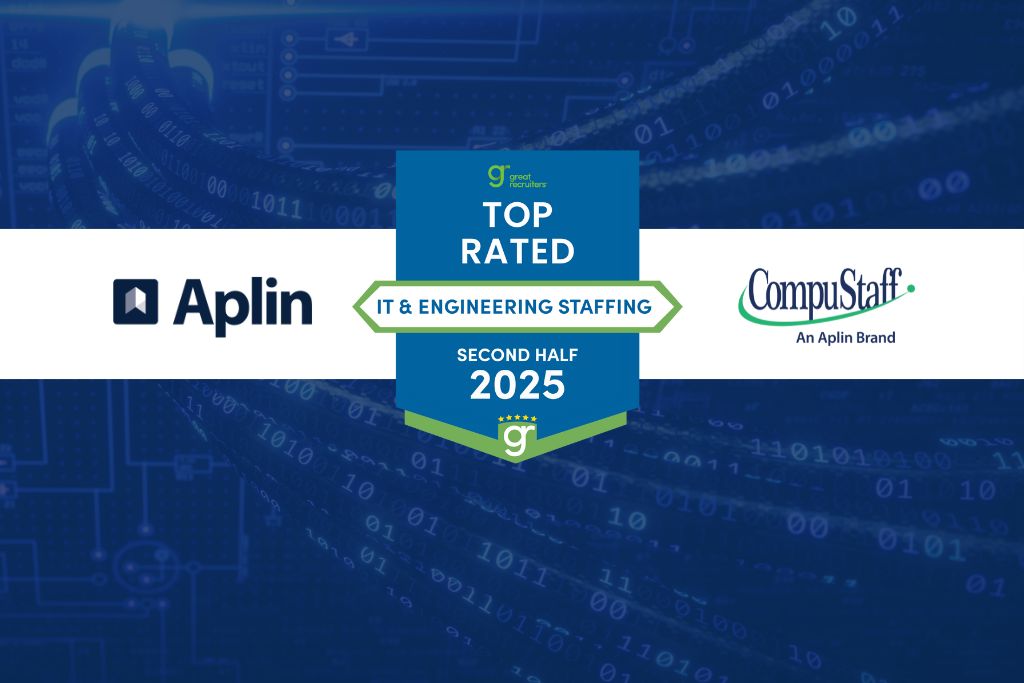From Skills to Potential: The Shift Toward Capability-Based Hiring
Share This Article
For decades, hiring decisions have revolved around resumes filled with degrees, years of experience, and job titles. But today’s most forward-thinking organizations are rethinking what makes a great hire. Across industries, there’s a growing movement toward capability-based hiring, where adaptability, problem-solving, and soft skills matter just as much (if not more) than technical credentials. Employers are realizing that what a candidate can do—and how quickly they can learn—is often a stronger indicator of success than what they’ve done before.
Why the Shift Is Happening
The modern workplace is evolving faster than ever. Automation, hybrid work, and constant technological change mean that job descriptions are becoming outdated almost as quickly as they’re written. Rigid hiring criteria, such as “10+ years of experience” or “specific degree required,” can unintentionally screen out capable candidates who could thrive in the right environment and with the right support. Employers are learning that skills can be taught, but attitude, curiosity, and adaptability can’t. According to LinkedIn’s 2025 Workplace Learning Report, 91% of learning and development professionals say human skills, such as communication, adaptability, and leadership, are more valuable than ever. That shift is reshaping recruitment strategies across Canada and beyond.
What Capability-Based Hiring Looks Like
Hiring for potential doesn’t mean ignoring technical skills. It means evaluating them in context, while placing equal value on the traits that drive growth and collaboration.
Organizations embracing this model often:
- Redefine job requirements to focus on capabilities such as communication, resilience, and creative problem-solving.
- Incorporate scenario-based interviews that reveal how a candidate approaches challenges rather than testing for memorized answers.
- Assess learning agility, exploring how quickly someone can absorb new concepts and pivot in changing environments.
- Encourage internal mobility, recognizing that the best candidate might already be within the organization, ready to grow into a new role.
The Payoff: A More Agile Workforce
Companies that adopt capability-based hiring see measurable benefits:
- Stronger retention. Employees hired for fit and growth potential tend to stay longer and advance within the organization.
- Greater diversity. Removing rigid experience or credential barriers opens doors to underrepresented talent who bring new perspectives.
- Faster innovation. Teams built on curiosity and adaptability can respond quickly to emerging challenges and opportunities.
In short, it’s a strategy that not only fills roles but also builds resilience into your workforce.
How Employers Can Start Adopting This Approach
Transitioning to capability-based hiring takes intention, but it doesn’t require overhauling your entire recruitment model. Here are a few steps to get started:
- Review your job postings. Replace “must-have” experience requirements with outcomes or capabilities you want the role to achieve.
- Train hiring managers. Help interviewers recognize transferable skills and evaluate behavioural indicators of potential.
- Leverage structured interviews and assessments. Use tools that measure traits like adaptability, emotional intelligence, and problem-solving style.
- Partner with a recruiter who knows how to spot potential. Experienced recruiters can identify candidates who might not tick every box on paper but have the drive and aptitude to excel.
Talent Beyond the Resume
At Aplin, we’ve seen firsthand how capability-based hiring transforms organizations. Our recruiters look beyond job titles and keywords to understand each candidate’s unique strengths, motivations, and adaptability. By focusing on potential rather than past experience, we help employers build future-ready, engaged teams aligned with their long-term goals.
The Future of Hiring Is Human
As the nature of work continues to change, the most valuable quality in any employee may not be what they know today, but how willing they are to grow tomorrow. Capability-based hiring reflects a more human approach to recruitment, recognizing that people aren’t static skill sets. They’re dynamic, evolving contributors who, with the right opportunity, can exceed expectations and help organizations thrive in an unpredictable world.




